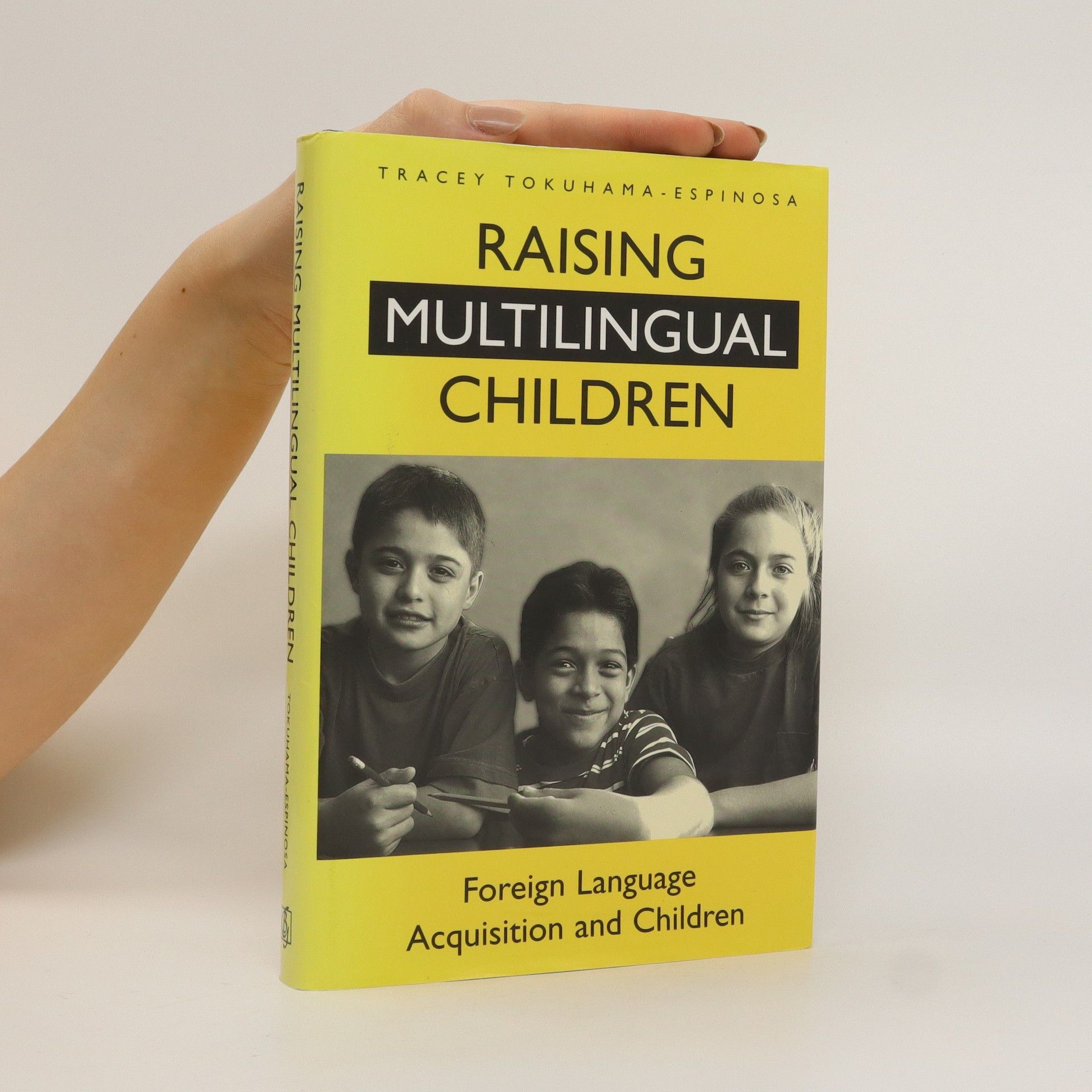Raising multilingual children foreign language acquisition and children
- 240pagine
- 9 ore di lettura
Raising Multilingual Foreign Language Acquisition and Children elucidates how children learn foreign languages and when they can do so with the best results. The most recent studies in linguistics, neurology, education, and psychology are evaluated and the findings are presented in a recipe format. Parents and teachers are encouraged to bake their own and evaluate the multilingual children in their lives with the use of tools which include a family language profile and family language goals worksheet. Beginning with the Ingredients of Timing, (or the Windows of Opportunity,) and Aptitude, the book goes on to include the Baking Instructions of Motivation, Strategy, and Consistency. This is followed by Kitchen Design , or the role of the language learning environment which includes the child's Opportunity to use the languages being learned, the Linguistic Relationship between the child's languages, and the possible influence of Siblings.Plumbing and Electricity round out the ten key factors in raising multilingual children by discussing the possible role of Gender and Hand-Use, and our understanding of the multilingual brain at present. Chef and Chef's Assistants addresses the vital roles of teachers and schools in a child's foreign language development. A Mess in the Kitchen discusses problem situations related to foreign language learning, and offers a variety of resources to address such issues.
